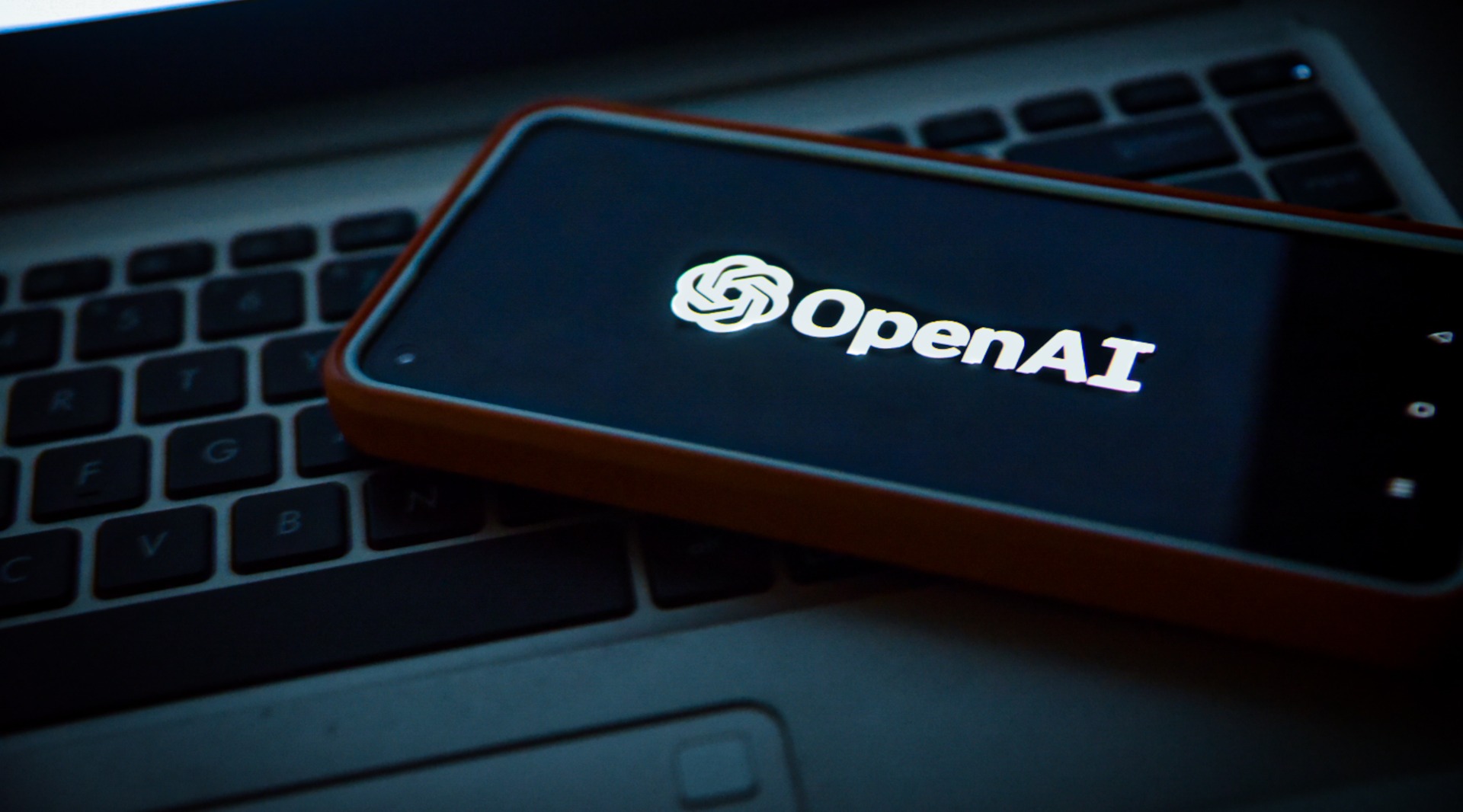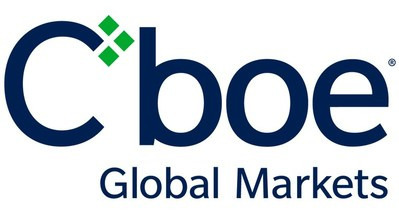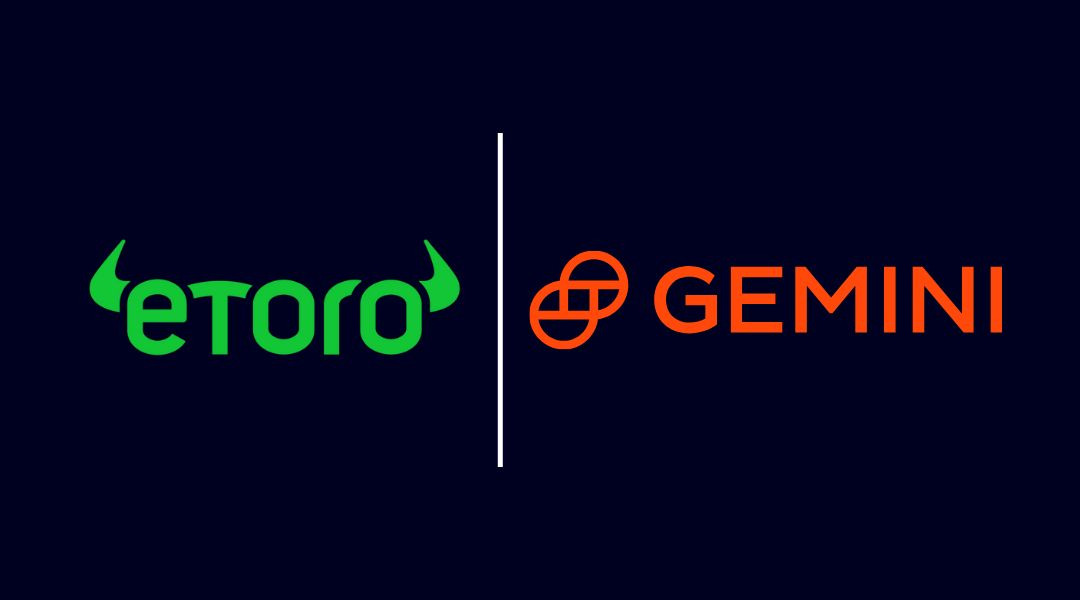OpenAI, the artificial intelligence startup known for its creation of ChatGPT, is currently in negotiations to conduct a tender offer. This allows its existing employees to sell their shares at a remarkable $86 billion valuation, according to anonymous sources familiar with the matter.
OpenAI's Confidential Tender Offer: Employee Share Sale in Progress
This confidential transaction is being discussed with potential investors, with final allocations yet to be confirmed, and terms possibly subject to change, as some sources have indicated. OpenAI, boasting Microsoft Corp. as a significant owner of 49%, is under the leadership of Sam Altman, the Chief Executive Officer, and Greg Brockman, the President.
If the $86 billion valuation is realized, OpenAI would ascend to become one of the world's most valuable privately held companies, surpassing the likes of Stripe and Chinese online retailer Shein. It would be positioned just behind Elon Musk's SpaceX and TikTok's parent company, ByteDance, in the global rankings of highly valued companies.
When approached for comment, a representative for San Francisco-based OpenAI declined to offer any official statement.
OpenAI's growth is driven by a promising future. The company is projected to generate $1 billion in annual revenue as businesses continue to embrace its cutting-edge technology, as previously reported by Bloomberg in August.
In the preceding month, the Wall Street Journal had disclosed that OpenAI was actively exploring a potential share sale, targeting a valuation range of $80 billion to $90 billion.
As OpenAI advances in both its valuation and technological prowess, the world continues to watch with great interest, anticipating its future contributions to the AI and tech industry.
OpenAI's Foray into Hardware: Custom AI Chips on the Horizon
In a Finance Magnates report earlier, it was stated that OpenAI is entering the hardware arena to develop custom AI chips, driven by the escalating demand for specialized hardware tailored to AI workloads. Traditional processors like CPUs and GPUs are limited in handling complex AI tasks. Custom hardware, such as ASICs and FPGAs, offers superior performance and energy efficiency.
OpenAI's motivation for chip design includes performance optimization, cost reduction, greater control over computing infrastructure, and enhanced data privacy and security. This venture has significant implications, intensifying competition in the chip industry, promoting innovation, and democratizing access to advanced technology. It also accelerates AI advancements and improves privacy.
However, developing custom chips is complex and costly. OpenAI may depend on commercial providers initially. Collaboration with existing chip manufacturers and prudent resource allocation will be vital in navigating this competitive and dynamic landscape.


















